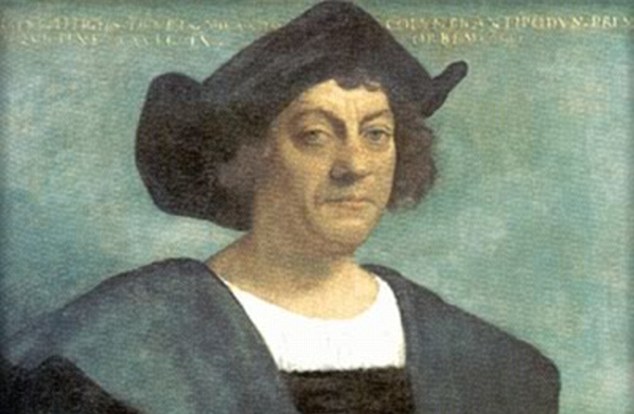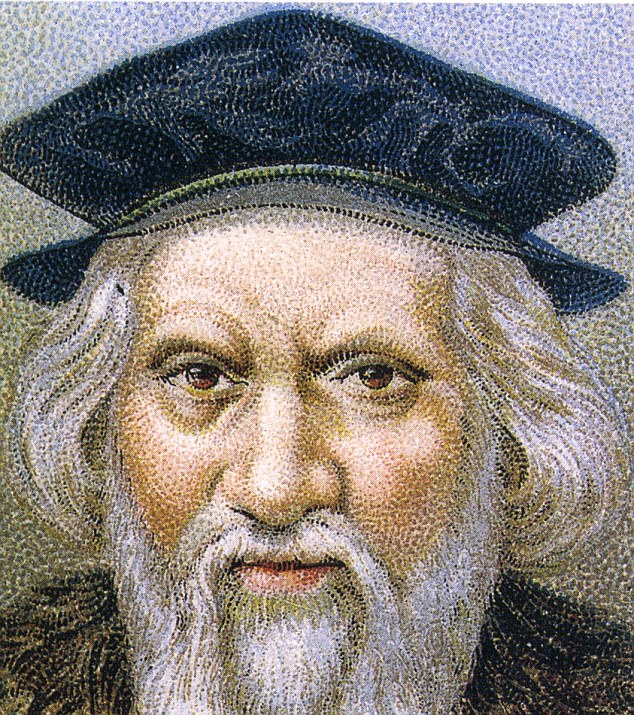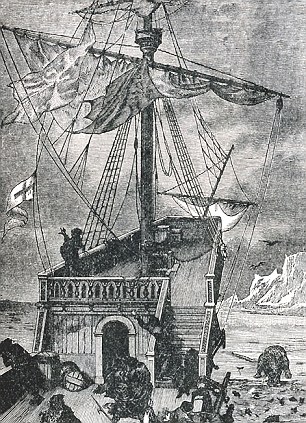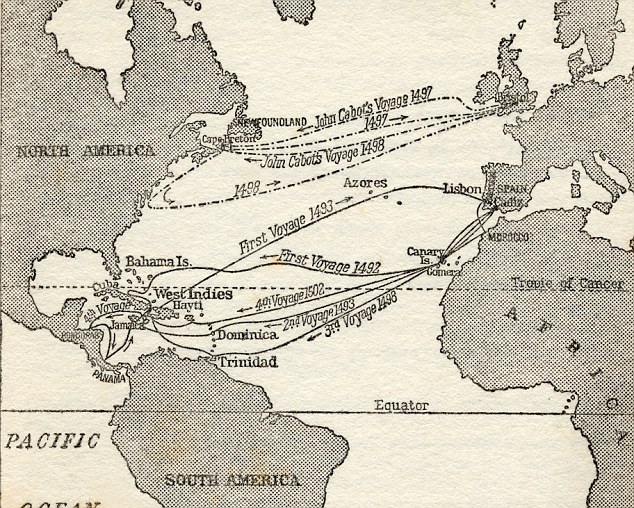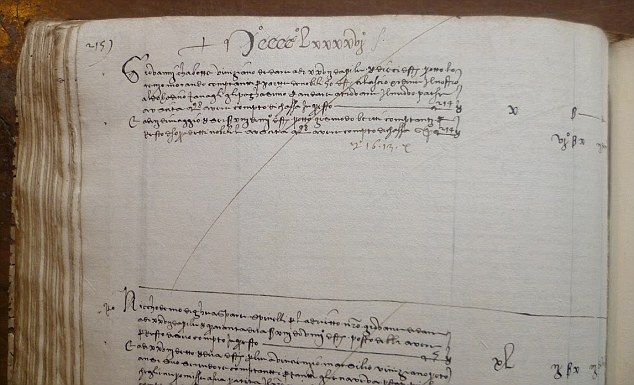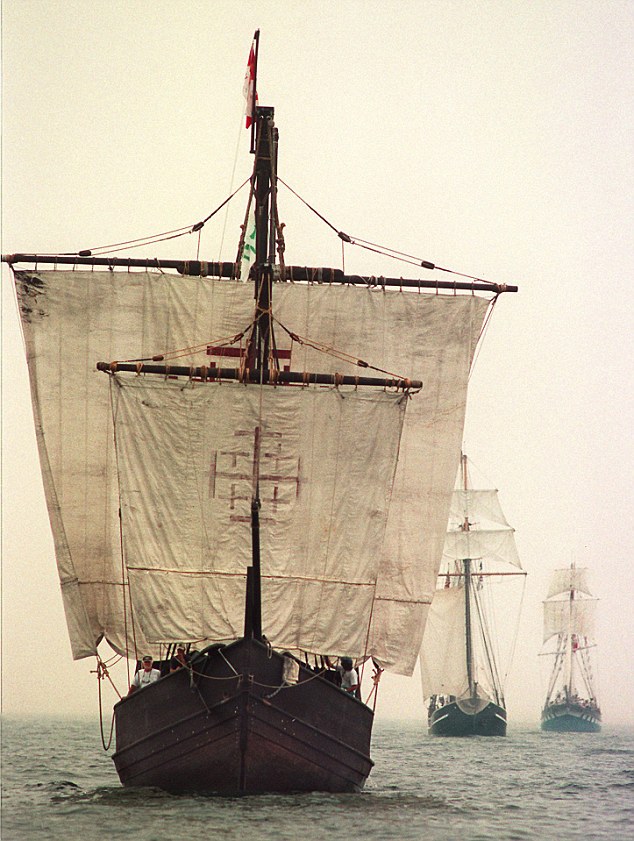Though Christopher Columbus has been credited for discovery of America in 1498, but recent study indicates that John Cabot, Italian Navigator, may be the discoverer of that continent.
Columbus sailed for that “New World” in 1492, but he couldn’t arrive until 1498.
And recently historical informations show that John Cabot, could be the first to reach after getting royal patent from Henry VII of England.
Documents also suggest that John made three voyage between summer of 1496 and 1498. On the second journey, he landed in Newfoundland. Columbus did not ventured beyond the Caribbean islands.
In private Florentine archive , payment of 50 nobles (£ 16, 13s, 4d) sterling was given to “Giovanni Chabotte” (John Cabot) of Venice so that he could discover the New world (“to go and find the new land.”)
“This brief entry opens a whole new chapter in Cabot scholarship. It shows that the Bristol voyages were part of a wider network of Italian-supported exploratory enterprises,” historian Francesco Guidi-Bruscoli, of the University of Florence, told Discovery News.
Guidi Bruscoli, who pointed to the facts that in loan documents it was mentioned “the new land” and not to “a new land”.
‘It is likely the Bardi were referring to the mythical ‘Island of Brasil’, which Bristol mariners certainly claimed had been found by one of their number in times past. Whether this story can be equated with an actual discovery is much more uncertain, however.’
“The use of the definite article (‘il’ – ‘the’) rather than the indefinite ‘a’ (‘un’ in Italian) is indeed puzzling,” also added..
Dr Evan Jones,who leads the project in Bristol, agrees. ‘It would be wonderful to find that Bristol mariners had first visited North America before the 1480s – if only because it would cast new light on the originality of Columbus’ venture of 1492. Right now, however, we can’t be sure about that. Although one never knows, that could change.
’He adds, “We have long known that Italy’s great merchant banks were key to the success of the ventures launched by Portugal and Spain. But it always seemed that the English ventures were an exception. Now it is clear that they too were part of network of Italian-financed expeditions to explore beyond the limits of the known world”.
They tried to find the reserach papers of deceased historian, Dr Alwyn Ruddock.
She had made some extraordinary discoveries about the Cabot voyages, but notes was destroyed after her death in 2005.
One of Ruddock claims was that Cabot was financed by an Italian bank.
She had, however, refused to reveal the source of his information.
Following an invitation to visit the house of the deceased historian in 2010, Jones and Condon discovered the source – in the form of a sticker on an old shoe cabinet: “The Cabinet of London Bardi.”
They then contacted Dr. Guidi-Bruscoli in Florence, who was able to locate the archive, the financial ledger and the entry in question.
Learn about funding for travel to Cabot’s exciting because, while it has long been known that the explorer received political support from the king, the identity and motivations of those who paid for shipments has never been known.
sources–http://goo.gl/bZCQq and dailymail.co.uk, and discovery news

